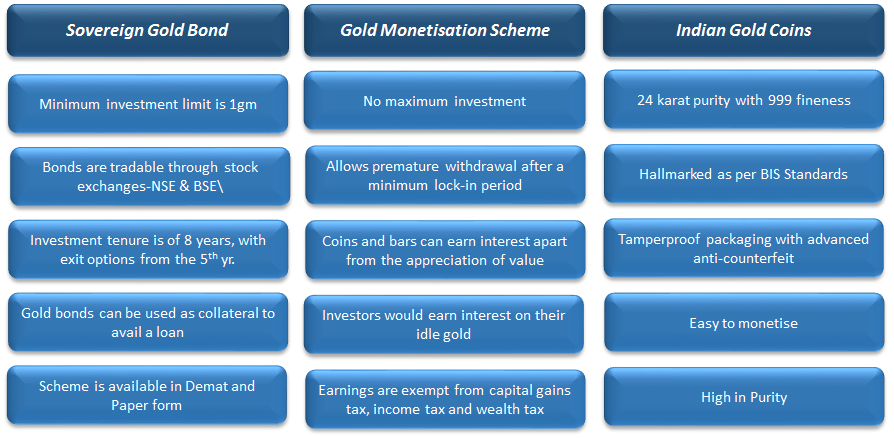How India's Defence Sector Is Becoming a New Investment Frontier for NRIs
Over the last few years, India’s defence sector has emerged not only as a strategic priority for the government but also as a promising avenue for investors. As the country focuses on achieving self-reliance in defence Manufacturing, expanding exports, and modernising its armed forces, new opportunities are opening up — particularly for Non-Resident Indians (NRIs) looking to invest in India’s growth story.
In 2025, with India becoming the largest importer-turned-exporter in key defence categories, and multiple domestic companies gaining prominence in the space, the sector is gaining interest from retail, HNI, and institutional investors alike. But what makes the defence sector especially attractive for NRIs is not just its growth — it’s also the tax Efficiency that Mutual Funds offer when structured properly. Let’s break down why defence + investment is a strong mix today, and how NRIs can benefit from it.
India's Defence Sector: Why It's Booming
India has long been one of the top importers of defence equipment globally. However, recent policy shifts have focused heavily on indigenisation and exports:
- ₹1.72 lakh crore allocated to defence Capital expenditure in the Union Budget 2024–25.
- India’s defence exports reached a record ₹21,083 crore in FY24, up from just ₹686 crore in FY14.
- Massive investments in Make-in-India initiatives, with orders placed to private players for drones, radars, missiles, and electronics.
- Entry of listed companies like HAL, Bharat Electronics, Data Patterns, MTAR Technologies, and others into high-growth mode, with robust order books and export potential.
This rapid expansion, supported by a government willing to back R&D and local capability, is making India’s defence ecosystem a lucrative long-term bet.
Talk to our investment specialist
📈 Mutual Funds Tapping Into Defence
In response to this boom, several thematic and sectoral mutual funds have started allocating capital to defence-focused companies. Even Diversified Funds are now increasing exposure to this sector, given its steady Earnings potential and long-term growth visibility.
For example:
Defence-heavy portfolios may include stocks like BEL, HAL, Mazagon Dock, Solar Industries, and even small cap innovators in missile tech or aerospace.
Some funds are now launching new schemes focused on defence, manufacturing, or strategic sectors, aligned with India’s Atmanirbhar Bharat vision.
These funds provide a simple way for NRIs and domestic investors to indirectly participate in India’s national security ambitions — while generating wealth.
Why NRIs Are Looking at Defence Funds — And What the Tax Tribunal Just Confirmed
Now, here’s the critical edge for NRIs.
A recent income tax Appellate Tribunal (ITAT) ruling in Mumbai has clarified a long-standing tax concern: NRIs investing in Mutual Funds (structured as trusts) are eligible to avoid Capital Gains tax in India, if they reside in a country with a Double Taxation Avoidance Agreement (DTAA) with India.
Here’s what this means:
NRIs in countries like UAE, Singapore, Mauritius, Netherlands can avoid both short-term and long-term capital gains tax on Indian mutual fund redemptions.
This applies only to mutual funds, not direct stock Investing or PMS (Portfolio Management Services).
To claim this benefit, NRIs must provide a valid Tax Residency Certificate (TRC) from their home country.
So, for an NRI based in Dubai, for instance, investing in a defence-heavy mutual fund in India means:
- ✅ Exposure to a booming sector
- ✅ No capital gains tax in India
- ✅ Simpler regulatory compliance vs direct equities
This makes Indian mutual funds, particularly those focused on defence or manufacturing, a double win for eligible NRIs.
⚠️ Mutual Funds vs. PMS: Key Note for NRI Investors
It’s important to note that this capital gains exemption does not apply to direct stock holdings or PMS.
Why?
Mutual Funds are structured as trusts, which fall under the residual clause in many DTAAs.
PMS, on the other hand, involves direct ownership of stocks. Hence, capital gains tax is applicable regardless of DTAA benefits — unless routed through GIFT City (India’s International Financial Centre).
So, if an NRI invests in a PMS product holding defence stocks, they must pay Indian capital gains tax. But if the same investor chooses a mutual fund with defence exposure, they can potentially avoid capital gains tax altogether — depending on their residency.
📊 Should NRIs Consider Defence-Themed Mutual Funds in 2025?
Yes, for several reasons:
Strong long-term tailwinds: India’s defence sector isn’t cyclical — it's backed by structural demand and geopolitical necessity.
Policy support: With continued government focus on indigenisation and exports, many defence companies are seeing revenue visibility for years.
Attractive tax treatment: For NRIs from DTAA nations, mutual funds offer a far more efficient route to participate in this sector.
Simpler execution: No need to open trading accounts, track TDS filings on stocks, or manage tax filings on gains — the fund house takes care of compliance.
Final Word
India’s defence sector is not just about strategic power — it’s fast becoming an engine of economic and investment growth. And for NRIs, particularly those based in UAE, Singapore, Mauritius, and other DTAA countries, it presents a unique wealth creation opportunity with minimal tax leakage.
By choosing mutual funds with strong exposure to defence and strategic sectors, NRIs can benefit from India's evolving geopolitical and industrial landscape — without being burdened by India’s capital gains tax. As always, consult a tax advisor and ensure your documentation (like TRC) is up to date. But if you’re looking for the next big frontier in Indian investing, defence might just be it.
Disclaimer: The tax treatment of mutual fund investments for NRIs depends on the provisions of the applicable Double Taxation Avoidance Agreement (DTAA) and the latest legal interpretations. Investors are advised to consult with a qualified tax advisor or chartered Accountant before making investment decisions.
Author Note: This article is intended for informational purposes and reflects the latest updates, including the April 2024 ruling by the Income Tax Appellate Tribunal (Mumbai) concerning capital gains tax for NRIs under DTAA. While every effort has been made to ensure accuracy, tax laws are subject to change and interpretation.
All efforts have been made to ensure the information provided here is accurate. However, no guarantees are made regarding correctness of data. Please verify with scheme information document before making any investment.











